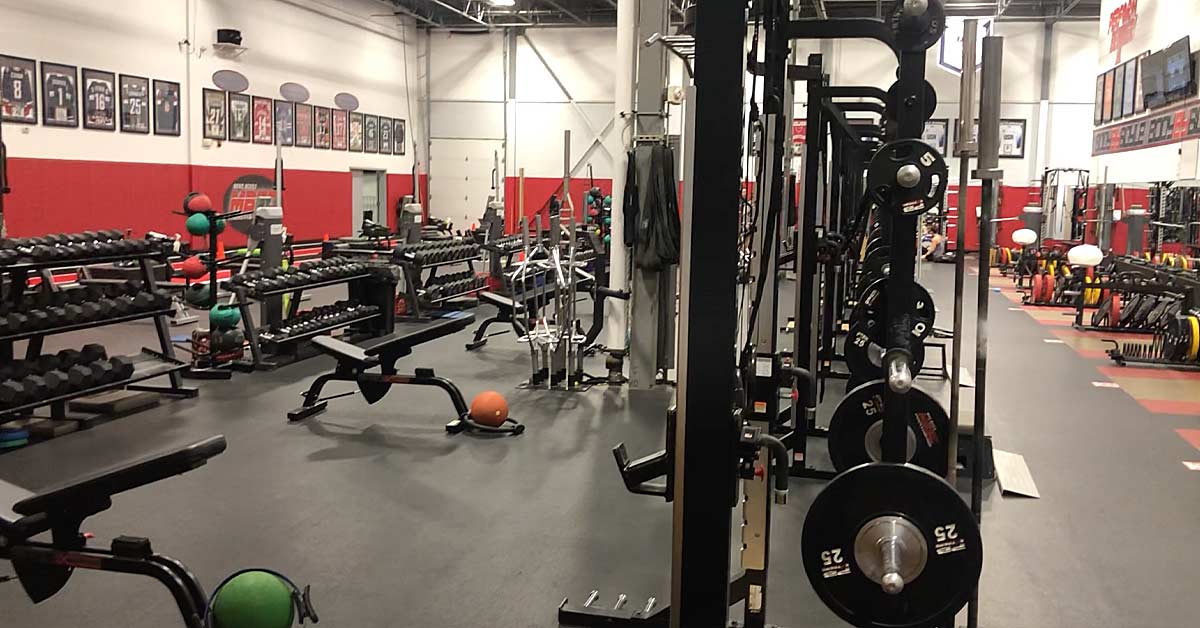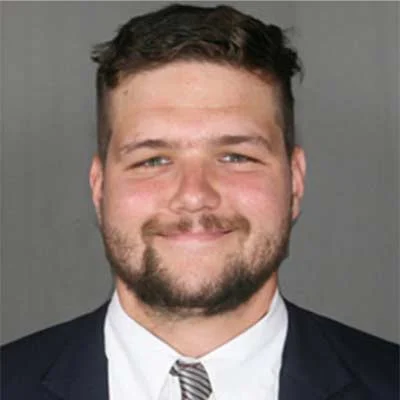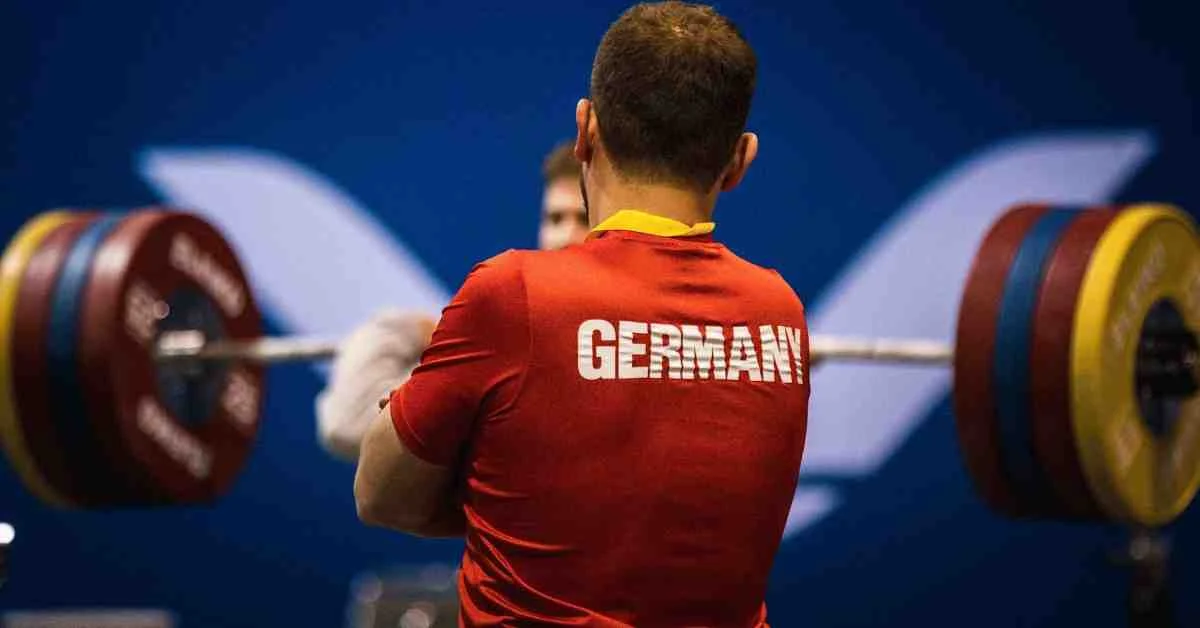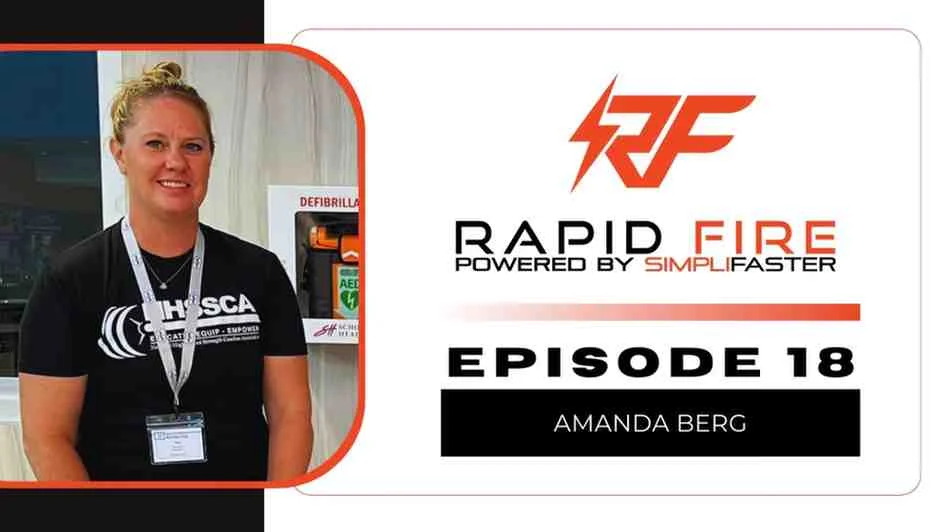This episode of Facility Finders visits a Mount Rushmore of strength coaching—located just outside of Boston, Massachusetts, Mike Boyle Strength and Conditioning is owned and operated by Coach Mike Boyle. His gym now has two locations, one in Woburn and the other in Middleton.
For this installment, Coach Boyle takes us on a tour of his Woburn location. His gym is in the private sector of strength and conditioning, and he works with hundreds of athletes spanning beginner-level youth to Olympic gold-medal athletes.
Design
Coach Boyle moved to this 22,000-plus square foot facility because he had a vision of his system in this facility. Anytime you build/remodel a space, you have to think about your system of training. For Coach Boyle, his specific training flow has to accommodate the masses, including starting different sessions every 30 minutes or so to allow them to train a high number of clients in one day.
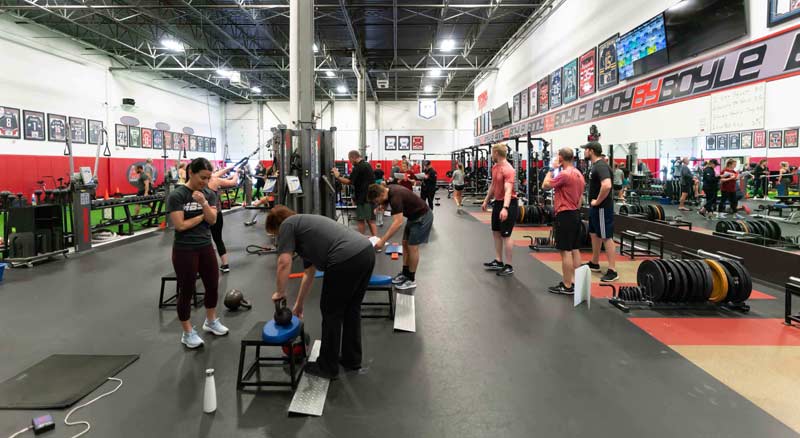
The facility is sectioned off into the main weight area with sprinting strip, the functional training turf space, and the conditioning room. Each has its own space, which is unique compared to what we often see nowadays with monster wide-open facilities—but Coach Boyle has his system set up in a way that can overcome the split of the spaces. Considerations all the way down to where to situate the bathroom and hallway offer value, according to Coach Boyle.
“It’s pretty simple,” he says. “One large open room with offices and locker rooms/bathrooms off a long hallway. The hallway was deliberately ended at a point so people could not enter the gym from the center.”
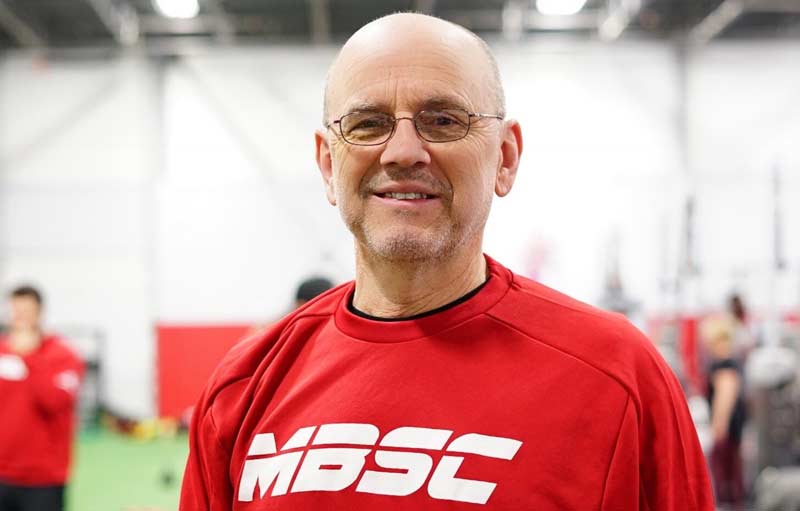
This is important to him because they have athletes sprinting in his facility—that closure allows athletes to not have to worry about trucking another client walking in to start their session. Coach Boyle also mentioned that he has designed three collegiate weight rooms before, so that experience was helpful in deciding what he wanted and what he didn’t.
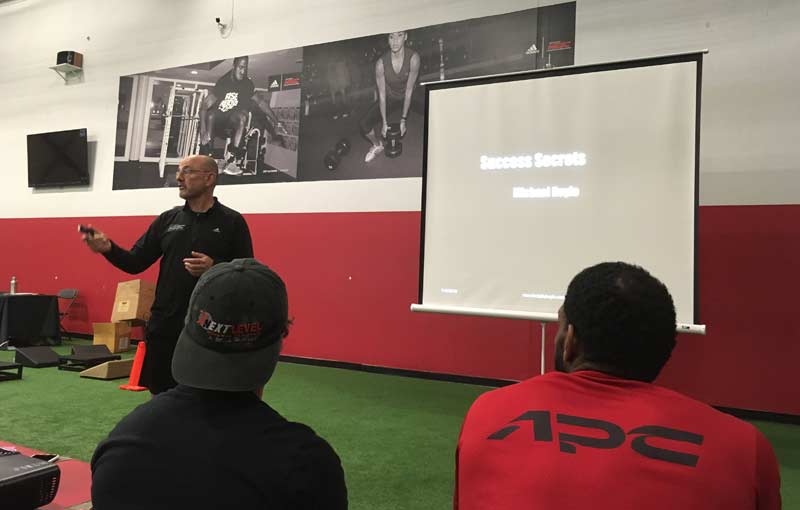
Purchasing
This is something that I think a lot of coaches miss out on: purchasing equipment from companies that, even if you are only spending $20,000 because that’s a huge renovation for you, treat you in a similar way to those purchasing in the multimillion-dollar range.
“Number one was the relationship,” Coach Boyle says, talking about his connection with Perform Better. “When you build a facility, people you don’t know come out of the woodwork. I went with Perform Better because they had always treated me like I was important, even when I didn’t have a big budget and wasn’t spending a lot of money. Number two was cost. In the private sector, it’s your money.”
For private sector gyms, make sure the facility you are in is fully maximized before investing in a new space. A move won’t necessarily save a struggling business—but it can surely sink it. Share on XThis 22,000-square-foot space is something that most coaches only dream about, but the success of Boyle’s practice over time shows in the space he now trains in. For private sector gyms, make sure the facility you are in is fully maximized before investing in a new space. A move won’t necessarily save a struggling business—but it can surely sink it.
Specialty Equipment
At Mike Boyle Strength and Conditioning, the main focus is obviously on helping clients get stronger and faster, so over the years, specialty equipment has come and gone. Mainly because of the issue of flow, Coach Boyle has focused on not “cluttering” the gym with those specific use types of equipment. When I asked him about these issues, he mentioned hex bars, Arena Sports timing gates, and Keiser air-pressured “cable machines,” and then the plethora of conditioning equipment they have at MBSC.
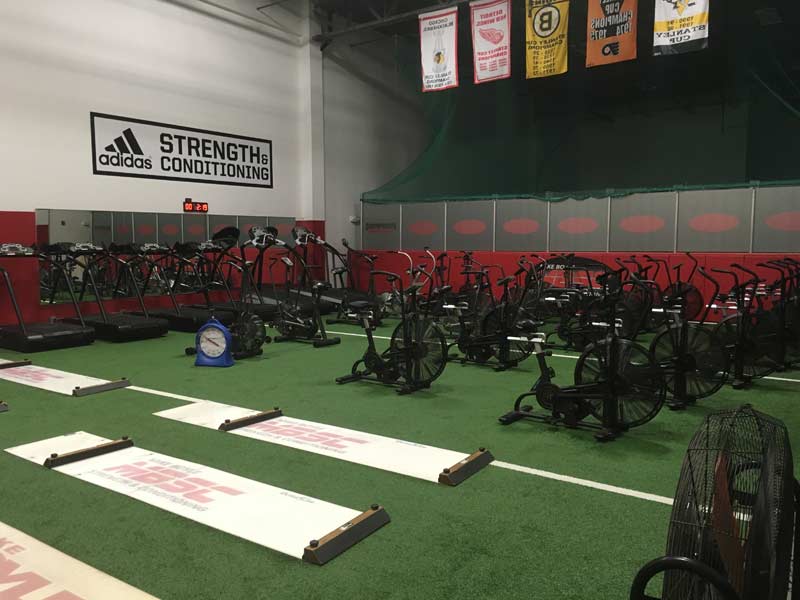
“The big thing with Keiser is velocity capability—with no weight stack, you can move weight concentrically,” he said, explaining why they don’t use cable stacks and why they decided on the conditioning equipment they bought. “Keiser doesn’t have the ‘pull back’ that normal cable stacks do.”
“We bought the three types of equipment for this room—treadmills so we can train ‘running muscles’ and get conditioned, bikes are used for the athletes with groin/hamstring issues, and slide boards to help stress the muscles not used as much in the sagittal plane.”
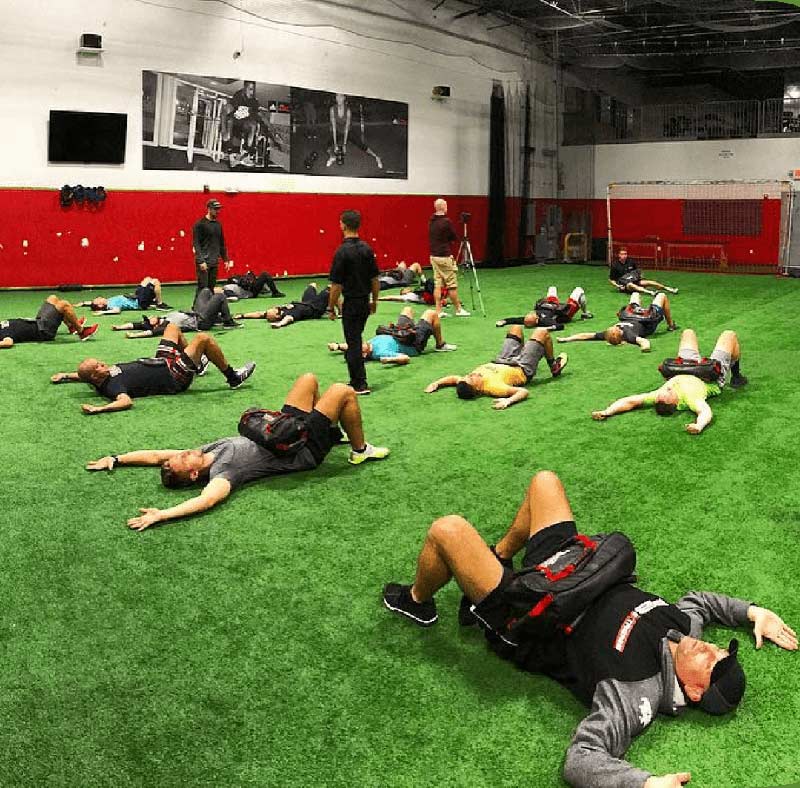
Takeaways from Coach Boyle
This gym tour is something different because a lot of facilities are built for as wide a number of uses as possible, whereas this gym was designed to fit the exact training method followed by Coach Boyle.
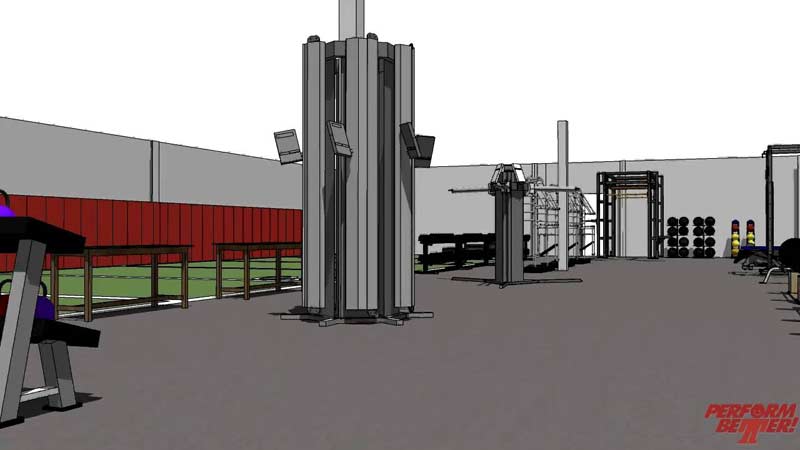
“Facility design is all about traffic flow,” Coach Boyle said, when explaining the thought process behind his setup. “The big key is to have open space and multi-use equipment. Too many coaches buy machines that they can use for one exercise. We never do. We bought racks, benches, pulley systems, and lots of dumbbells. You need to think about the gym as a factory. The assembly line needs to be smooth!”
Too many coaches buy machines that they can use for one exercise. We never do. You need to think of the gym as a factory. The assembly line needs to be smooth, says @mboyle1959. Share on XCoach Boyle trains hundreds of athletes a day, so that assembly-line setup is something many small colleges and high schools could think about within their facility. Most schools can afford one weight room for all of their athletes, but without the assembly-line setup, it becomes clustered and dangerous.

